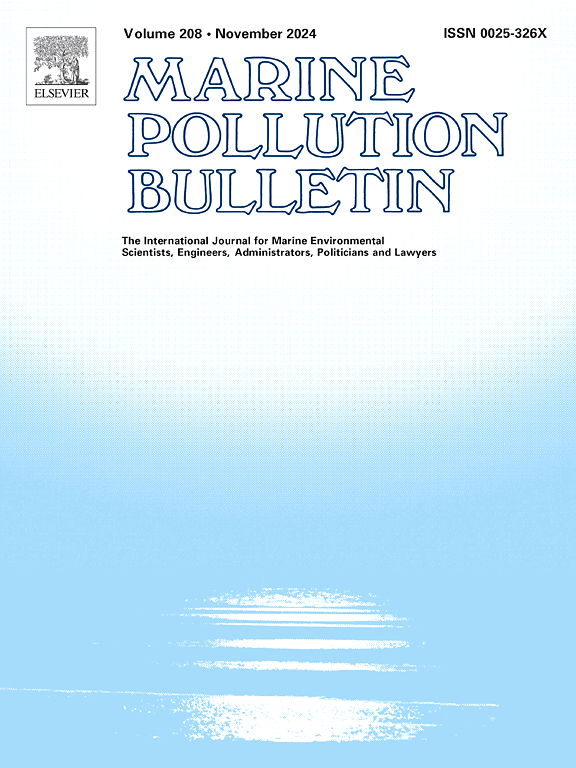改变行为意图会导致实际的行为改变吗?沿海生态工程的背景
IF 4.9
3区 环境科学与生态学
Q1 ENVIRONMENTAL SCIENCES
引用次数: 0
摘要
环境沟通有效地影响环境意图,但其将这些意图转化为实际行为变化的能力仍未得到充分研究,特别是在沿海生态工程背景下。本研究采用意向-行为差距概念,考察了社会压力、消极框架、积极框架和情绪四种不同信息干预的影响,探讨了这种潜在的不一致性。基于5258名参与者的实验数据,我们的研究结果表明,与对照组相比,传递社会压力、积极框架和情感诉求的信息显著增加了参与者的意图。然而,信息干预对支持生态工程的实际行为没有显著影响。因此,社会压力、积极框架和情绪信息轻微但显著地扩大了意向-行为差距。此外,我们的研究结果表明,在激发生态工程的支持意向方面,积极框架优于消极框架。最后,不同类型的过去行为似乎通过不同的机制影响后续行为。本文章由计算机程序翻译,如有差异,请以英文原文为准。
Does changing behavioral intentions engender actual behavior change? The context of coastal ecological engineering
Environmental communication effectively influences environmental intentions, yet its ability to translate these intentions into actual behavior changes remains understudied, especially in coastal ecological engineering contexts. This study investigates this potential inconsistency by employing the intention-behavior gap concept and examining the impact of four distinct informational interventions: social pressure, negative framing, positive framing, and emotion. Based on a between-subject experiment and the data from 5258 participants, our findings revealed that information conveying social pressure, positive framing, and emotional appeals significantly increased participants' intentions in comparison to the control group. However, none of the information interventions significantly affected actual behavior in support of ecological engineering. Consequently, social pressure, positive framing, and emotion information slightly yet significantly enlarge the intention-behavior gap. Additionally, our results suggest that positive framing surpasses negative framing in eliciting supportive intentions for ecological engineering. Finally, different types of past behaviors appear to influence subsequent actions through different mechanisms.
求助全文
通过发布文献求助,成功后即可免费获取论文全文。
去求助
来源期刊

Marine pollution bulletin
环境科学-海洋与淡水生物学
CiteScore
10.20
自引率
15.50%
发文量
1077
审稿时长
68 days
期刊介绍:
Marine Pollution Bulletin is concerned with the rational use of maritime and marine resources in estuaries, the seas and oceans, as well as with documenting marine pollution and introducing new forms of measurement and analysis. A wide range of topics are discussed as news, comment, reviews and research reports, not only on effluent disposal and pollution control, but also on the management, economic aspects and protection of the marine environment in general.
 求助内容:
求助内容: 应助结果提醒方式:
应助结果提醒方式:


